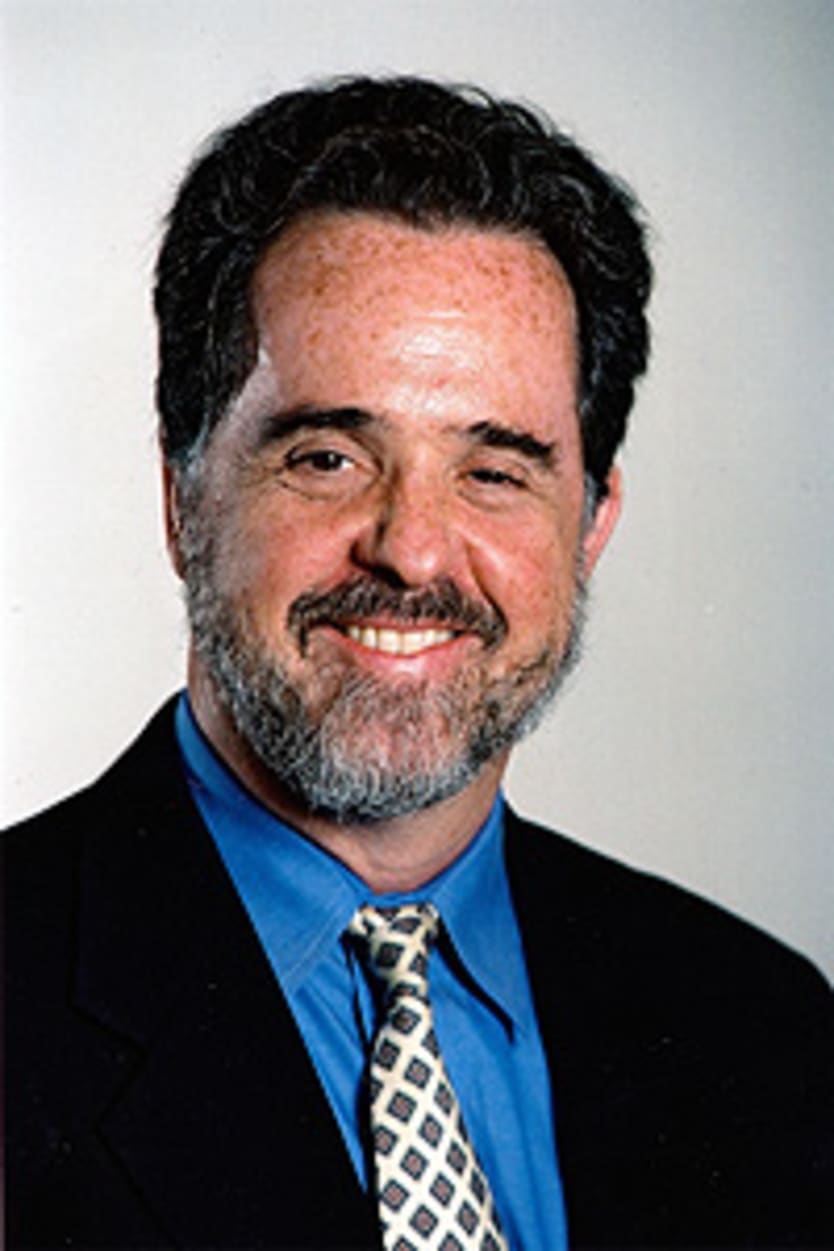
The ongoing economic downturn could affect nonprofits for decades to come, says Oxfam America President Ray Offenheiser. The seasoned development expert should know: He has spent his entire career in the NGO sector.
Offenheiser has seen many dramatic changes within the aid community, and his fair share of financial ups and downs. Boston-based Oxfam America itself has grown fourfold since Offenheiser joined in 1995.
In a recent interview with Devex, Offenheiser offered his thoughts on how U.S. President Barack Obama and the financial crisis may change international development.
What advice would you give a young professional trying to break into the development world at this time?
I would encourage them to engage in some of the major policy initiatives coming out of the new administration. There are areas of action in the Obama administration where students can make the transition a meaningful one [in terms] of engaging poor people. The main one is through new foreign assistance efforts. The Pentagon has largely hijacked the foreign assistance process. We need to get it back into [the State Department].
If the Obama administration is serious [about improving U.S. foreign assistance effectiveness], it has to get some development capacity back in the State Department. There are more freshman at West Point than there are professional at USAID. There are more members of military bands than there are diplomats at State. What you’re going to see is an incremental approach to this [growth in State Department personnel], a multi-year plan for an incorporation of new staff, maybe 300 a year for 5 years. There will be many more opportunities for entry level jobs.
How do you anticipate the development world changing in the Obama administration?
The conceptual principle that the administration is using to drive this initiative is a move towards a different balance between hard and soft power. This means less military and more civilian capacity, more diplomats and more development specialists.
How do you anticipate the development bureaucracy changing under Obama?
It’s a little early to tell what the new administration is going to do, if it’s going to consolidate leadership and funding under a super agency. [An Oxfam spokesperson later clarified that Oxfam America believes that USAID should be its own, autonomous agency.] The community is pressing for a national development strategy. We have a national security strategy but not a development strategy. The [development] community, in the past decade or so, has been treated like an add-on. But there’s really no overall global development strategy. We have [foreign assistance] legislation written during the Cold War. We don’t have a 21st Century piece of legislation.
How is Oxfam dealing with the economic crisis?
All nonprofits are feeling the crunch and having to revisit budget assumptions. We don’t accept U.S. government money - what’s more important to us is what’s happening in the private philanthropic market. In the case of institutional giving and the big foundations, most have indicated that they’re going to increase giving. But they’re going to be selective in where they’re putting their money.
The difficulty for us and many nonprofits is trying to figure out how long this is going to go on and how deep this is going to be. We are budgeting with the assumption that we will go into a three-year trench and we have to trim our current programs so that we can manage with [an annual] decline of 10 to 25 percent in contribution levels.
What will the consequences of these cuts be?
With the collapse of these market, you see a contraction of the entire social infrastructure that delivers benefits to poor people that is beyond government services. It’s rather paradoxical that the greed and behavior of Wall Street bankers is bringing down a lot of charitable organizations that have actually sustained services for the poor outside of the government. It’s going to take a decade or two to recover from this, and it’s going to have serious consequences for the poor.








